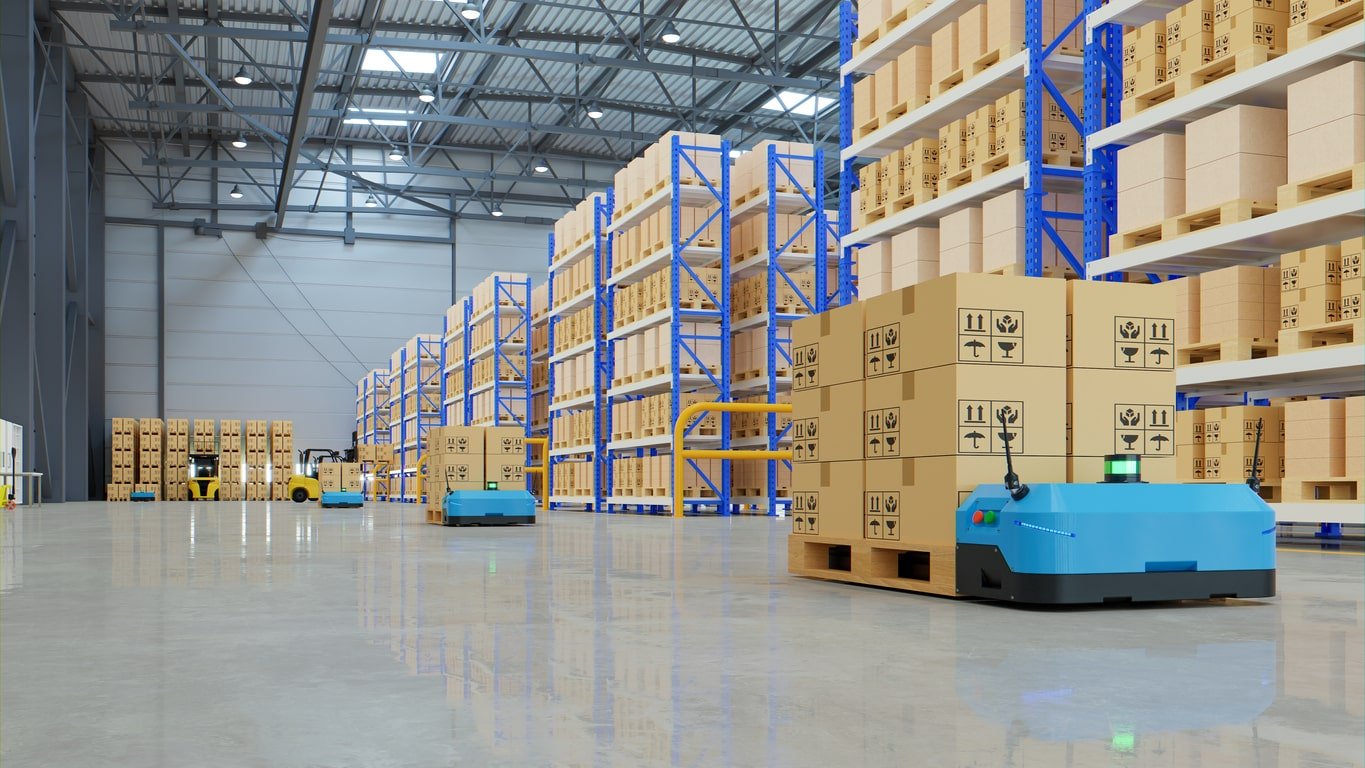The Cutting-Edge Technologies Powering the Future of Shipping
Autonomous vehicles and artificial intelligence (AI) are two of the fastest-growing areas in technological development, and both look set to transform many aspects of the way we live. Both technologies have notable applications for shipping, and as more transactions move online, demands on delivery services are increasing.
At the same time, a shortage of talented workers in the shipping industry has increased pressures on carriers, and while this can only be addressed by recruitment and training, new technologies could serve to ease this burden and make shipping more efficient.
Here, shipping experts World Options discuss the advantages that these technological advancements could bring, and predict how they might be applied in ways that could change the industry.
Autonomous vehicles
The role of autonomous vehicles in last-mile delivery is only expected to grow over the next few years. Many companies have tested prototypes for secure, autonomous parcel delivery vehicles, including unmanned aerial vehicles (UAVs) and road-bound robots. Companies including Amazon, Alibaba and Walmart have already begun employing UAVs to deliver small orders and individual items, and while there is room for improvement in these programmes, they have been successful enough to inspire other companies to follow suit.
It’s safe to assume that UAV deliveries will become a big part of the future, but there are challenges associated with them - notably, an increase in air-based traffic will result in more regulation, and as a result, progress may not move in a straight line. Another problem is that drones can only carry small items because, if they exceed a certain weight (which is different to each model of UAV) they will not remain airborne reliably.
The final concern for customers is that truly autonomous delivery drones do not offer any security for items. If an item is mistakenly delivered to a neighbour or dropped from the UAV along its route, its whereabouts are hard to account for and the package can easily be stolen. Consumers have even expressed concerns that criminals could damage or shoot down UAVs in order to take goods for themselves.
For this reason, more robust and secure unmanned road vehicles are also being developed, and we could see these debut in last-mile delivery over the next few years. Unlike UAVs, road vehicles can contain larger packages within them and can provide more security for these items with locking mechanisms. Current designs include keypad locks, which customers can unlock with a confirmation code from the seller, and are fitted with sensors, cameras and machine learning AI technology that enables them to navigate safely without human oversight.
Artificial intelligence
A technology that is already rising to prominence in the maritime industry, artificial intelligence is powering many optimisations and could soon be the norm in warehouses across the country. With AI-powered software, shipping companies can optimise cargo placement on ships, reducing empty space and potentially improving efficiency and capacity.
Goods that do not fit into traditionally-sized shipping containers cannot always be stacked and may therefore create problems when trying to optimise the storage of items around them. AI can calculate the available space and the requirements of each container to provide the best solution for packing them together.
It can also factor in extra metrics like the priority of items, meaning containers can be arranged so that the ones you need to unload first are the easiest to access. AI software can combine this with spatial optimisations to save space and make loading goods easier. We certainly expect to see similar optimisations make their way into warehouses to make more efficient use of space when storing goods, or when loading lorries.
Beyond this, AI can also be used to calculate optimised shipping routes, taking into account inclement weather, rough seas or other factors to help goods reach their destination as efficiently as possible.
Clearly, these technologies have incredible potential to reshape the industry. As things develop more quickly than ever, it’s also likely that as-yet unforeseen technologies will rise to prominence in the near future.
If you’re looking for shipping solutions, it’s free and easy to become a World Options customer. You can compare prices on the exact services you need from some of the world’s most popular carriers, and book and track all orders in one place. To find out more, please visit our Become a Customer page.




